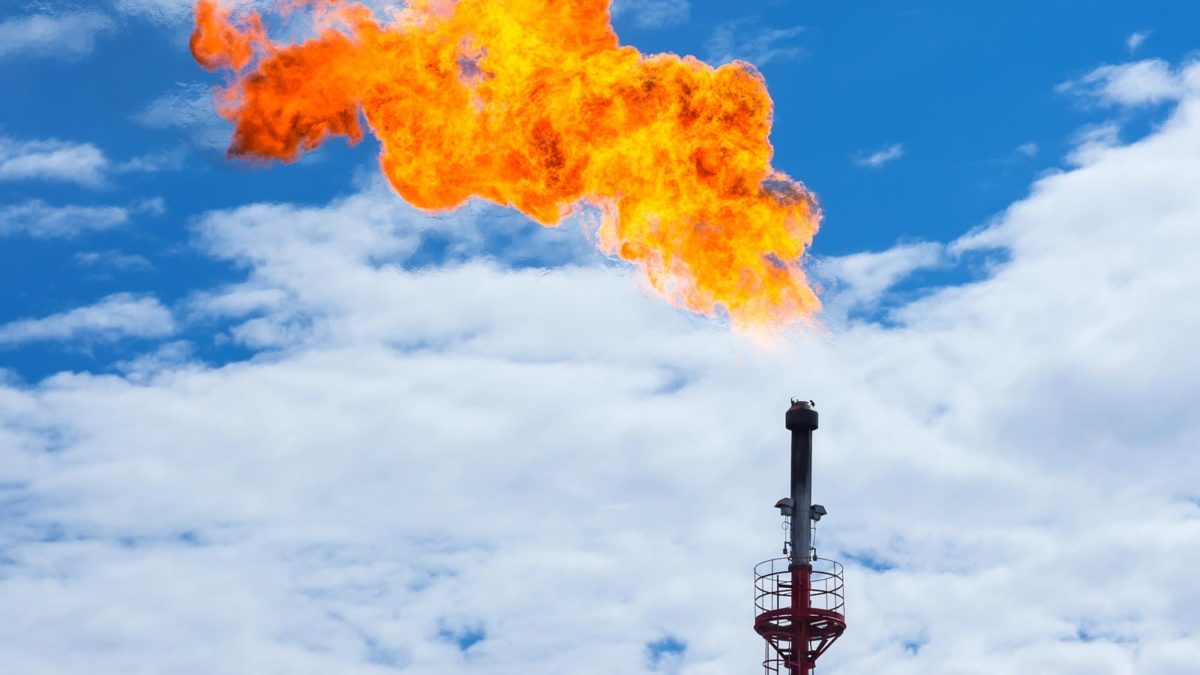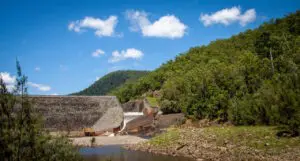Many of the people I interview as a journalist who are most concerned about climate change are from regional Australia.
Just this last Monday I interviewed a GP and a mental health nurse from the Latrobe Valley who had taken the bus to Melbourne during a Code Brown emergency to protest outside the offices of AGL – the Australian Gas Light Company – which operates Australia’s biggest brown coal power station a couple of hundred kilometers east of the city.
Doing justice to the complexities of climate change as a journalist isn’t always easy. For a region like the Latrobe Valley, where I was born and saw first-hand the effects of pollution on my own family, there are effects on physical and mental health as well as the economic uncertainties of transitions.
I was hoping that Thursday’s Walkley Regional Journalism Summit would offer some insights and perhaps spark a conversation between journalists around our own role in reporting on this important issue, two years after much of our country was covered in smoke by catastrophic fires.
Given the crisis of newsrooms being closed in regional Australia, the summit rightly seems to focus on working out how we can support independent public interest journalism.
Yet, when I looked at the summit’s program, I couldn’t see any specific references to climate change. Then, when I looked a little further I also saw that the summit was sponsored by AGL as well as APA – a gas pipeline company.
Since the journalism union MEAA was also a co-sponsor, I wrote to my MEAA delegate who shared my concerns with the Walkley Foundation, as organiser, and the MEAA. I am glad that it appears there is now discussion around adding a panel on climate change to the program.
And while I don’t think that sponsors necessarily affect programming decisions, I do think a panel on what independent public interest journalism on climate change looks like would need to consider how fossil fuel companies have influenced how we talk about climate change over decades.
And some journalists have been responding.
In the United States, journalists created the Covering Climate Now initiative which has seen hundreds of news organisations sign up, including many of the biggest news networks.
In Australia, we have independent news outlets like RenewEconomy that cover climate change extensively, as well as international outlets like the Guardian, which announced in January 2020 it would no longer accept advertising from fossil fuel companies.
But it’s hard to ignore the influence of News Corp, which is now broadcasting Sky News free-to-air in regional Australia.
While many Australians welcomed News Corp’s apparent pivot on climate change last year, we still need to talk more about how much of that coverage could be described as what researchers have called discourses of climate delay.
The influence of fossil fuels on Australian journalism go back a long way. Even Walkley himself, was an oil barren and owner of Ampol, who highly valued his friendship with journalists, though the Walkleys are now an independent foundation.
As a reporter for Critical Frequency – a US-based podcast network – I’ve been fortunate to interview people from all over regional Australia who are concerned about climate change, and acting on it. From bushfire survivors in Southern NSW who successfully sued the NSW EPA to traditional owners worried about how fracking will affect their sacred sites.
Just a couple of weeks ago, I interviewed another Latrobe resident, Wendy Farmer who told me that city-based media didn’t think the Hazelwood mine fire was a big story at first – now I wonder if we are missing the biggest story for regional Australia all over again?
I’ve also found that it’s not just young people experiencing anxiety about climate change.
Last year I attended a fundraiser in Western Victoria for a new animal hospital, being created in response to the 2018-2019 fires. When the organiser asked people in the room if they had been able to watch a new ABC series on the fires, almost nobody raised their hands.
This shows how difficult our task is as journalists, to sensitively report on a source of traumatic memories, and concerns about the future.
If regional health workers can take the bus to Melbourne during a Code Brown to attend a protest outside the AGL offices because they are concerned about how climate change and air pollution are affecting their patients, then as journalists we definitely need many more conversations, including panels, about our own professional role in reporting on climate change fairly and accurately.
Lyndal Rowlands is a freelance journalist who covers climate issues and is winner of the UN Correspondents Association Global Prize for coverage of climate change and oceans and a UN Foundation Press Fellowship.










